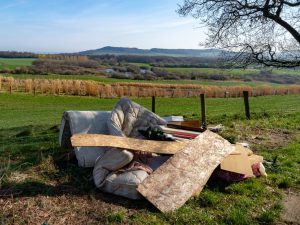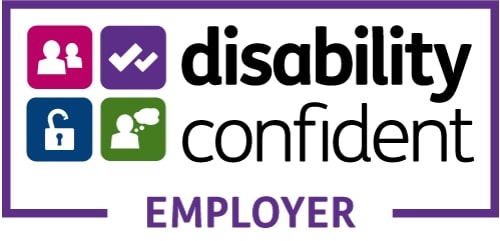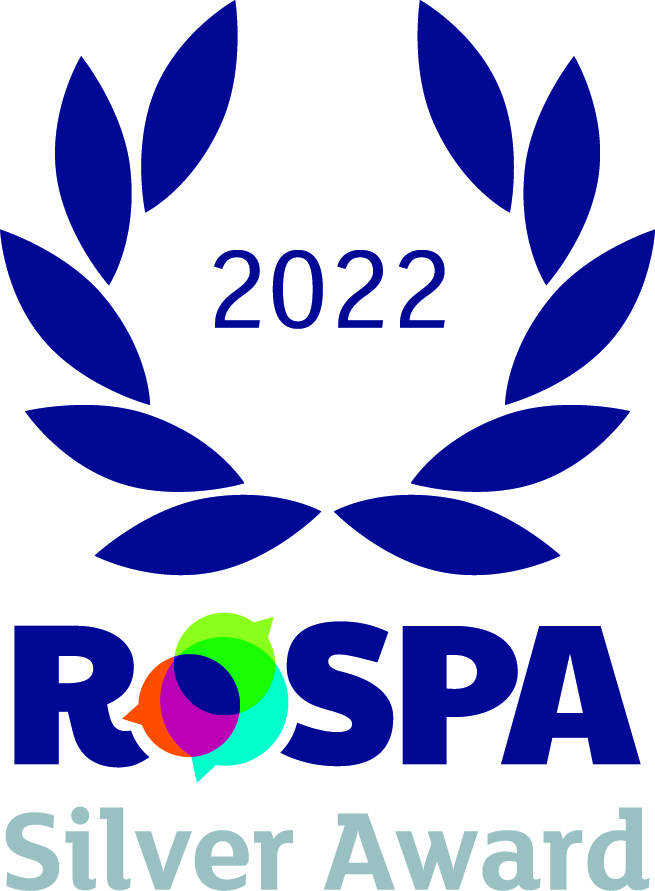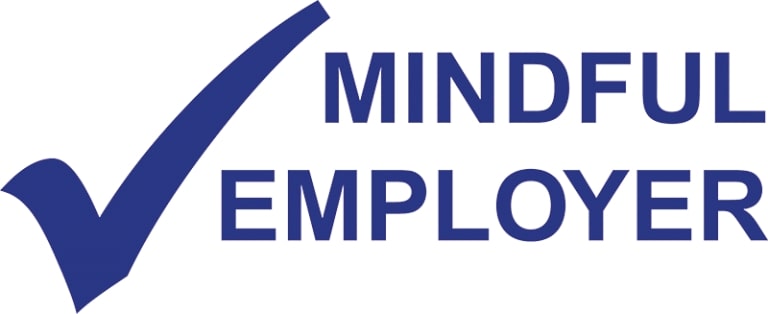What is fly-tipping?
Fly-tipping is the illegal deposit of any waste on to land that does not have a licence to accept it, unlike an official rubbish tip.
This also includes leaving items that are not classed as household waste out for bin collection. If you are having a spring clean or disposing of large items, please ensure these are taken to the rubbish tip. Any items that are not classed as household waste, will not be taken away by bin collection and is classed as fly tipping.
What is household waste?
Household waste is typically solid waste made up of bottles, cans, clothing, compost, disposables, food packaging, food scraps, newspapers and magazines.
Recycling
Most bin stores have recycling bins. Therefore, if every home recycles as much as they can, this will then free up more space in the general bins for household waste that cannot be recycled.
If you are unsure what can and cannot be recycled, you can find tools on the RecycleNow website.
Responsibilities
Both the Environment Agency and local authorities have powers to tackle fly-tipping. The Environment Agency investigates larger scale incidents, involving more than a lorry/tipper load of waste, hazardous waste and/or fly-tipping by organised gangs of waste criminals. These incidents have the potential to damage human health and the environment.
Local authorities are responsible for investigating and clearing up the smaller scale fly-tipping on public land.
Land owners are responsible for the clearance of fly-tipped waste on private land.
It is everyone’s responsibility to help keep their neighbourhoods free from litter. If you see someone fly tipping, you can report this anonymously by calling us on 01225 715 715.





